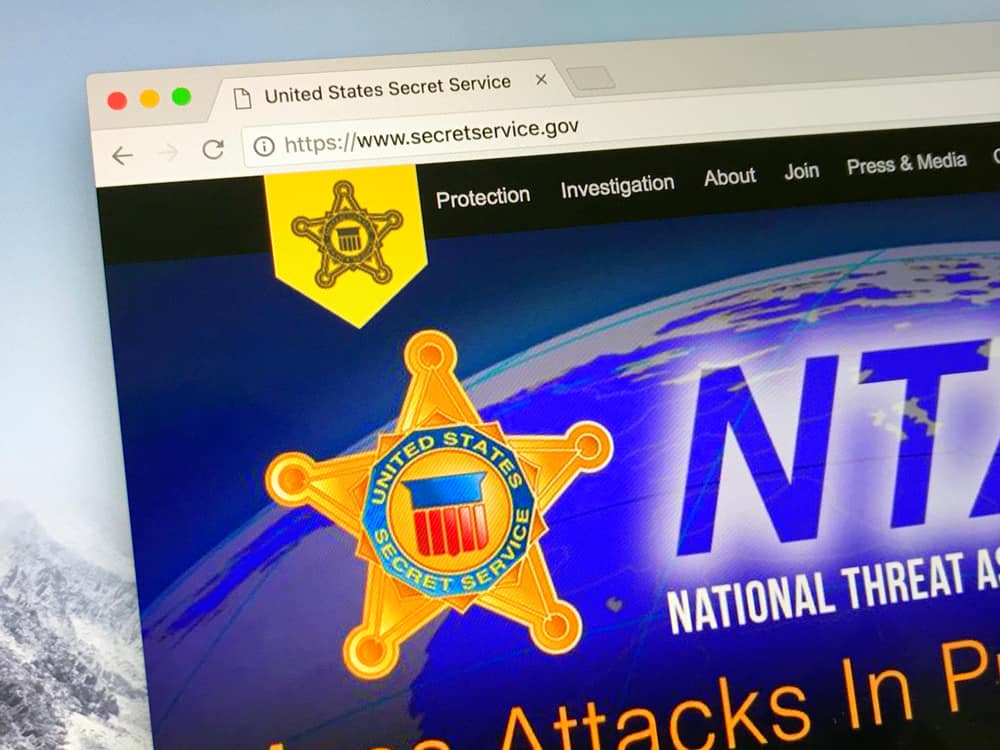
The U.S. Secret Service is taking a firm stance against privacy coins like Monero and Zcash. A top official from the agency has reportedly sought help from Congress. He asked the lawmakers to make additional regulations for these coins to curb their use for illegal activities.
Robert Novy, deputy assistant director of the Office of Investigations, called these currencies, “one of the greatest emerging threats to U.S. national security is illicit use of virtual or cryptocurrencies.” He was speaking at a June 15 Subcommittee on Terrorism and Illicit Finance (Committee on Financial Services) hearing titled “Illicit Use of Virtual Currency and the Law Enforcement Response.”
Novy Mentions Monero and Zcash
Novy, during the hearing, said:
“We believe it is in the best interest of the citizens of the United States, the US Secret Service, and other governmental organizations to advocate for privacy rights and protect its citizens and businesses from harm.”
He added:
“We should … consider additional legislative or regulatory actions to address potential challenges related to anonymity-enhanced cryptocurrencies.”
He also asked for more Congressional attention to these coins so that law enforcement agencies could maintain “lawful access to critical sources of evidence,” if and when the needs arise.
Is It a Threat to National Security?
Other law enforcement agencies have similar views about privacy coins. Greg Navano, who is from the investigations division of Immigration and Customs Enforcement, said that some newer cryptos are quite difficult to trace, which makes them adequate for use in illicit activities.
The Financial Crimes Enforcement Network (FinCEN) cited that ransomware payments in cryptocurrencies totaled $1 billion in the past two years while exchange hacks account for another $1.5 billion lost.
Department of Treasury’s Bureau Associate Director Thomas Ott further stated that billions of dollars’ worth of suspicious activity are being done using cryptocurrencies. As several government agencies are now supporting claims of illegal traffic in the digital currency space especially with privacy coins, it is likely that the Congress will pay heed.